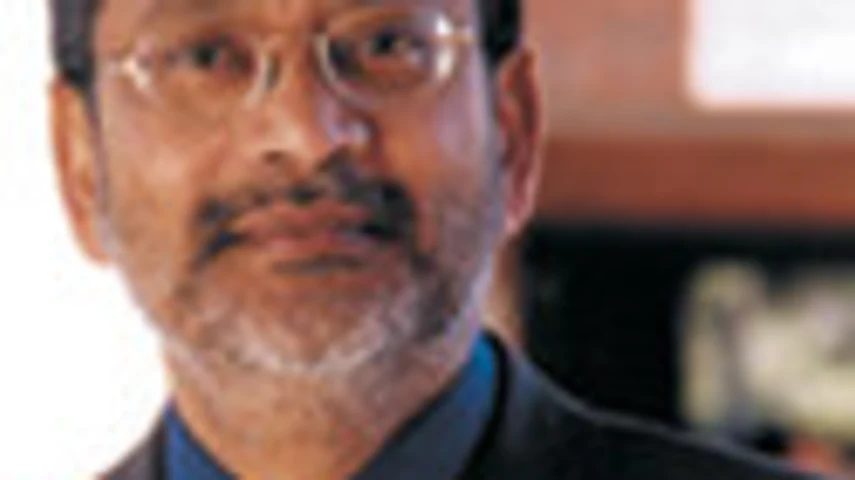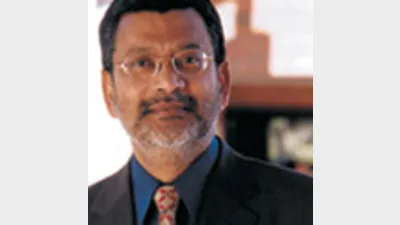Merger all about the members: Westscheme




|
| Howard Rosario
|
Westscheme sought a merger with industry fund giant AustralianSuper purely to benefit its members in an environment where it is becoming increasingly difficult to remain cost effective, according to Westscheme chief executive Howard Rosario.
The way ahead looks no easier, with regulatory changes likely to drive further consolidation, and it was in the best interests of Westscheme members to seek a merger now rather than wait until the fund was forced by outside pressures, he said.
A trustee has to ask if it should use member savings to build improved products and services and improve access to resources or if it could do better by accessing those features elsewhere, he said.
Economies of scale were a key factor in the merger and members were likely to benefit from access to larger contracts held by AustralianSuper, he said.
AustralianSuper chief executive Ian Silk said while his fund’s members would also benefit from the increased scale, the biggest gains would be seen by Westscheme members, particularly in the area of insurance.
The two funds both use Tower as an insurer and the new contract would see the death and total and permanent disability cover of 97 per cent of Westscheme members increased by up to 36 per cent, he said.
There will also be improvements to auto acceptance levels and auto entitlement to income protection cover for current Westscheme members, reducing the need for underwriting, Silk said.
Another important consideration of the merger was the creation of a Westscheme division of AustralianSuper that would allow West Australian services and operations, such as the call centre and account management division, to be maintained, according to Rosario.
Westscheme’s local character, connections and service support are important to members and the agreement with AustralianSuper allowed the fund to maintain this, he said.
There was no requirement in the merger deal that any of the Westscheme trustees take places on the AustralianSuper board, but with the merged fund to have around 300,000 West-Australian members, Rosario hoped the state would be represented in the long term.
There was an agreement that no employees from Westscheme’s office would be made redundant, including Rosario, although he did not yet know what role he would play in the merged fund. The merger would also present significant growth opportunities for the West Australian office of joint administrator Superpartners, according to Silk.
Rosario hoped to have the due diligence process completed by the end of April with a view to announcing successful completion of the merger by 30 June.
Recommended for you
The Financial Services Council has welcomed new government consultations, but cautioned against broad approaches to retirement policy.
The Reserve Bank has announced its latest rate decision, after last month’s surprise move fuelled strong market expectations of a cut.
The fund is set to expand its renewable energy exposure by taking a stake in Atmos Renewables, enhancing long-term returns and diversification.
All nine RBA board members are expected to back a 25-basis-point interest rate cut amid easing inflation.











